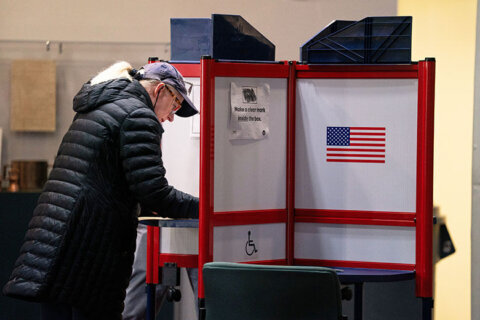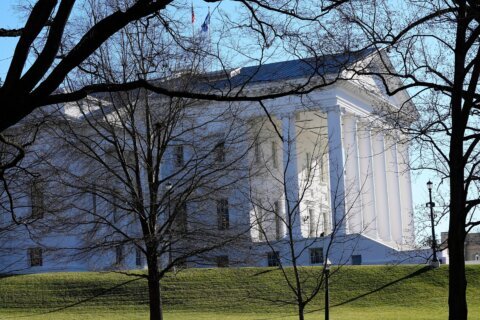WASHINGTON — Only one-third of the bills introduced in Virginia’s General Assembly were passed during the 60-day session that adjourned a week ago, an analysis by the Virginia Public Access Project finds.
It’s the lowest rate in at least the last four years and is a drop from 40 percent last year. The calculations do not include the failure to pass a two-year budget, which is due to be taken up during a special session starting April 11.
Of the 919 bills sent to Gov. Ralph Northam’s desk — excluding ceremonial memorial and commending resolutions — 545 were approved unanimously, the VPAP analysis found.
Northam has through April 9 to sign, veto or offer amendments to the bills. Any vetoes or suggested amendments will be taken up during the typically one-day reconvened session April 18.
More than half of the 1,530 bills that failed died in House of Delegates subcommittees.
In a significant change though, only 429 bills — or 28 percent of the bills that failed — were killed this year without a recorded vote. That is down from 54 percent in 2017 and 73 percent in 2016, after extensive lobbying from open government groups and other advocates.
When including bills killed in full House committees, the House of Delegates directly blocked 76 percent of bills that failed.
Senate committees voted down 300 bills, while 62 more failed in floor votes, or after House and Senate conference committees failed to reach agreements before the end of the session March 10. Another 206 bills were carried over to next year, which means they also will not become law. And 119 more bills were incorporated into other measures.
With Republicans in control of each chamber by two votes, GOP members had a significantly better chance of getting bills passed that they were the lead sponsor of this year.
Forty-six percent of bills patroned by a Senate Republican passed, compared with 27 percent of bills sponsored by a Senate Democrat. For House bills, the disparity was even greater: 44 percent of Republican-sponsored bills passed, but just 18 percent of bills sponsored by Democrats passed.
While most close votes were party line or near party line, the analysis found that about 40 votes did not follow party lines on issues ranging from turn signals and cellphones while driving to dog tethering and a wide-ranging controversial Dominion Energy rate bill that Northam already signed into law.







